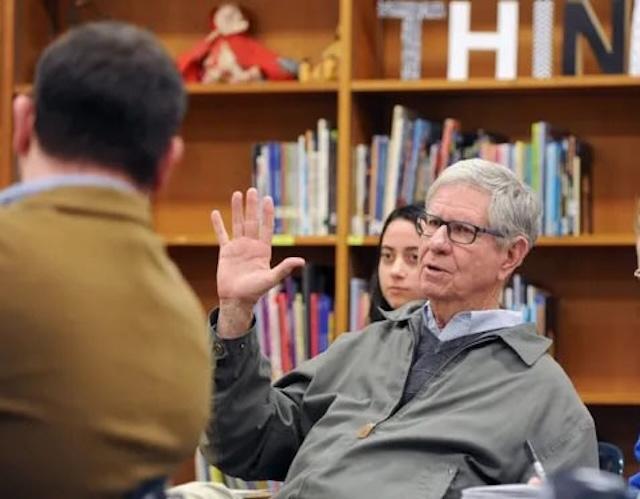School to prison pipeline: Is that a real thing or just a catchphrase?
Schools are being asked to do more every day. Food, shelter and clothing have given way to psychological familial needs. “Kids don’t leave their problems at home when they come to school.” – Blenza Davis
When we developed and started UACS, I stated “it is no longer a question if the school will be a parent or not, but if it will be a good parent.” This is not something to be proud of but rather a priority.
Some sad examples from the recent horrific school shootings by children:
- Seven people were shot in a Michigan high school by student Ethan Crumbley and father James said he was “in the dark,” when it came to his son. Jennifer and James Crumbley are both licensed professional counselors and the first parents convicted in a U.S. mass school shooting: sentenced to at least 10 years in prison.
- The Gray family in Georgia knew their son, Colt Gray, minimally, after multiple documents were found in his room referencing his intentions to kill classmates and staff which he succeeded in doing.
These cases, along with Columbine and unfortunately so many others, resonate with dysfunctional systemic issues.
Knoxville’s response to threats and possible threats are being responded to in a punitive fashion. I am not supporting these children should be treated as choir boys, but I want to point out a program that was a total failure.
The Rahway Prison experiment at the Rahway Prison in New Jersey was called “Scared Straight.” The results of this program found that the young offenders who went through the program had a higher crime rate than those who didn’t. The two groups were as close to the same as possible. Stonney Lane, warden of Brushy Mountain State Prison, now Morgan County Regional, created a program termed “Straight Talk.” I took young offenders and college students who planned to work in corrections to learn from Stonney. The program worked.
Suggestions for the future? Current events have been especially frightening as they are happening right here in River City. We have shootings here that are fatal and threats that have not been, yet. All of this signifies a breakdown in social order. The events are a shock to the collective conscience. The social system creates social division, but it also creates reactions to those aberrant behaviors. What we have on going in Knoxville is threats being called into schools. Family and schools are the two most prominent agents of socialization in our society.
A model that could control or prevent the school threats. Look at what was going on with all these kids. Some kids are having a personality crisis trying to find their own identity. A negative identity is better than nothing. We are becoming a place where no action is taken. We are on the bench. So, remember my favorite person’s quote: “If you see something, do something.” We are social animals. We need each other to be human. Teach your kids to be human. Make a friend today. Be a friend today. You may save a friend tomorrow or yourself.
Bob Kronick is professor emeritus University of Tennessee. Bob welcomes your comments or questions to rkronick@utk.edu.

